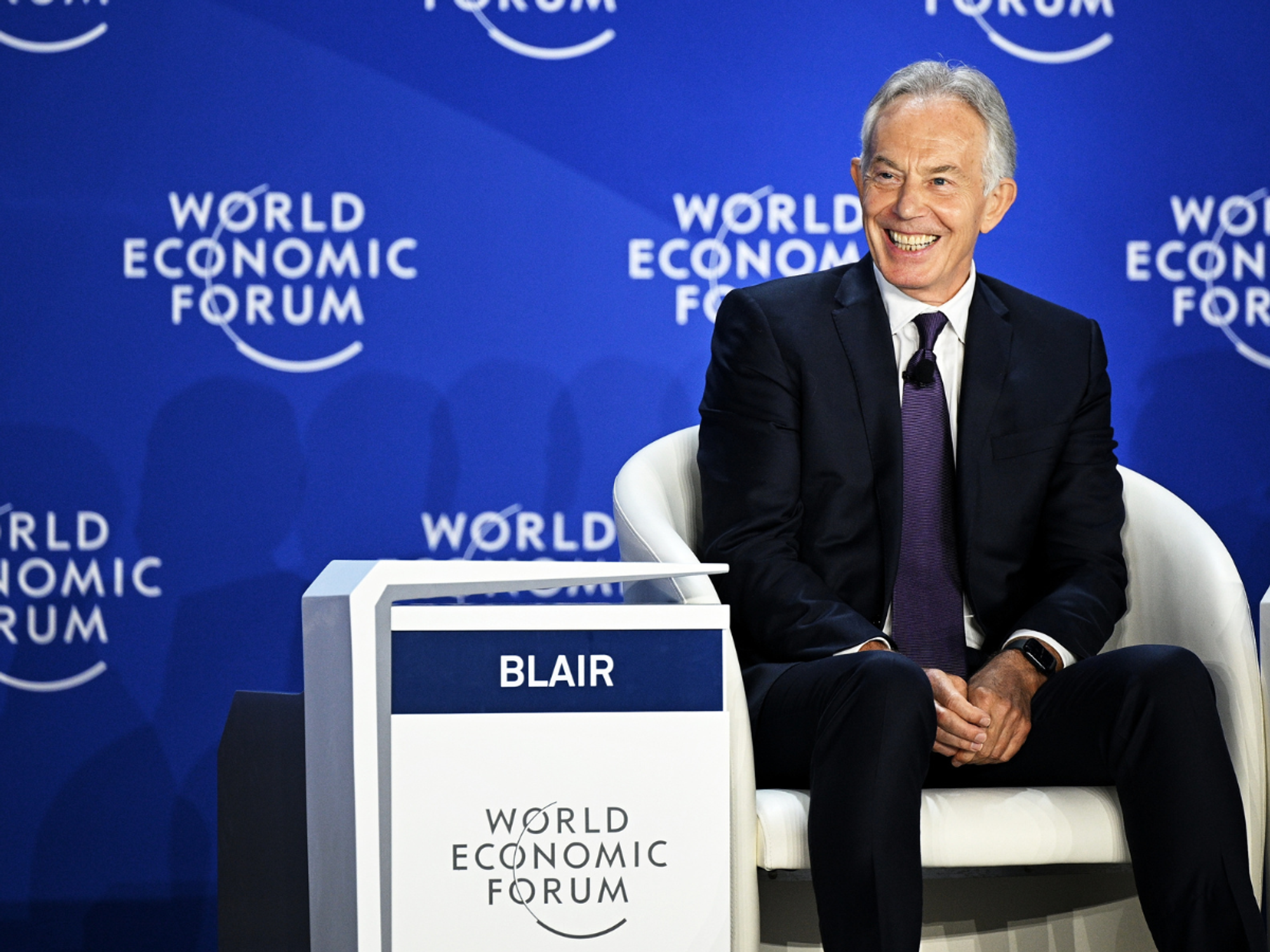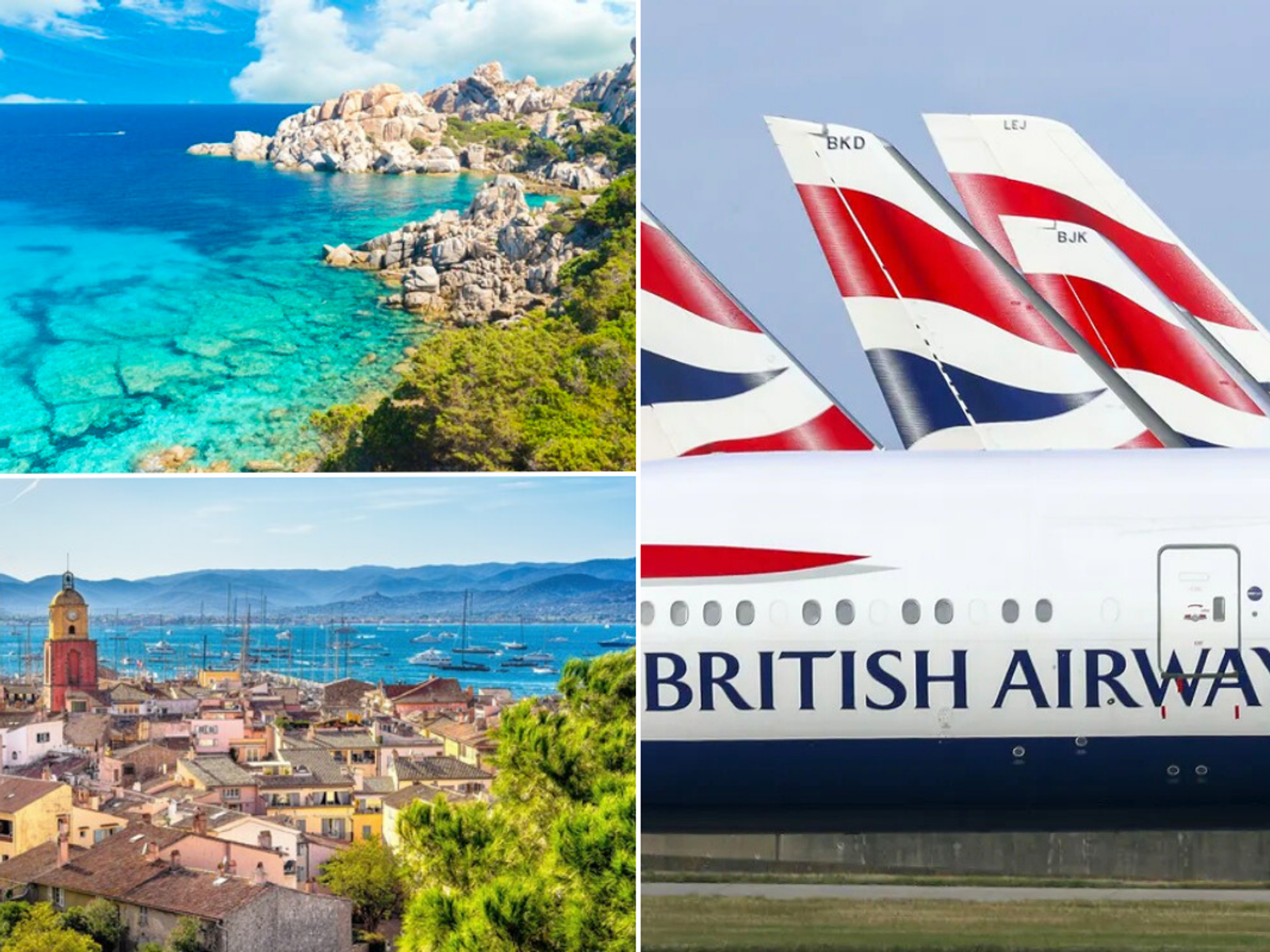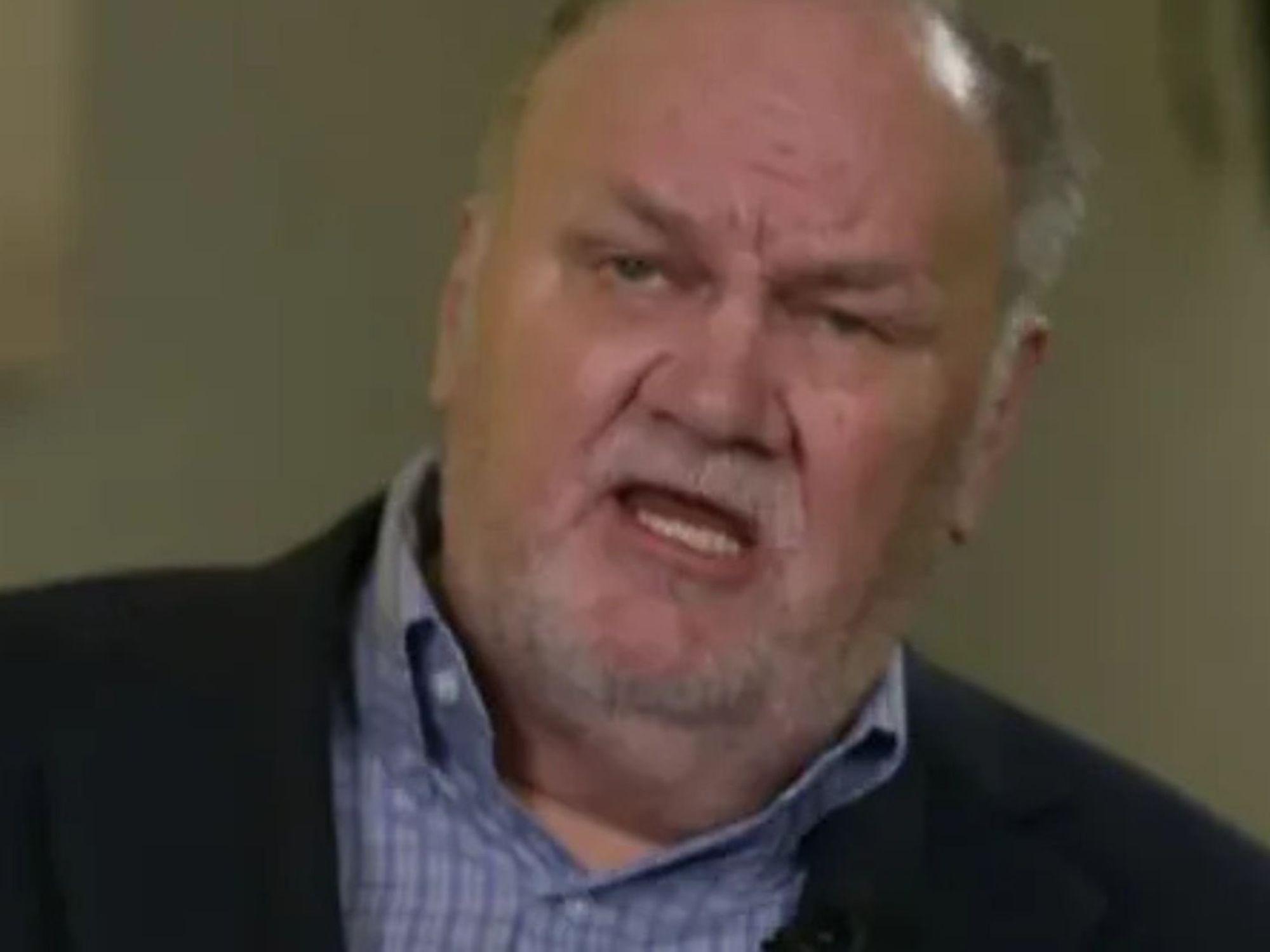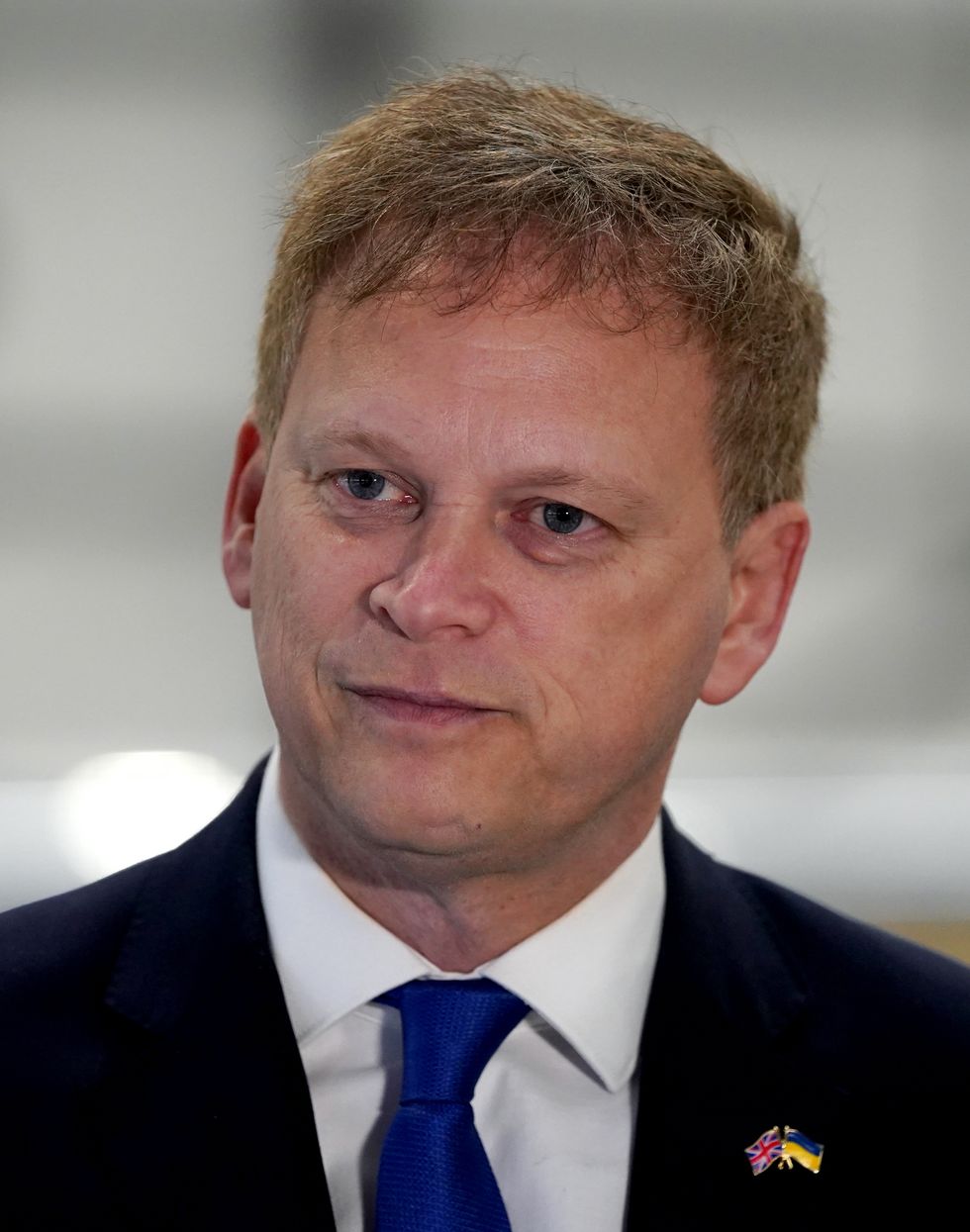Rail unions accused of 'jumping the gun' by Transport Secretary after announcing biggest strike since 1989
The RMT has announced strike action on June 21, 23 and 25
Don't Miss
Most Read
Latest
Glastonbury festival-goers and cricket fans face travel chaos later this month as thousands of railway workers take part in three days of strikes.
Members of the Rail, Maritime and Transport union (RMT) at Network Rail and 13 train operators will walk out on June 21, 23 and 25, in the biggest outbreak of industrial action in the industry in a generation.
The RMT also announced another 24-hour strike on London Underground on June 21 in a separate row over jobs and pensions.
The strikes threaten widespread travel disruption during a number of major events, including concerts, test match cricket and the Glastonbury festival.
Mick Lynch, General Secretary of the Rail, Maritime and Transport (RMT) union at the RMT headquarters in Euston, central London.
Dominic Lipinski
Glastonbury starts on June 22, while that week will also see England play New Zealand in a test match in Leeds, the British athletics championships in Manchester, and gigs in London’s Hyde Park by Sir Elton John (June 24) and The Rolling Stones (June 25).
There will also be a Commonwealth Heads of Government meeting in London on June 24 and 25 and it is Armed Forces Day on June 25.
The union said it will be the biggest strike on the railways since 1989.
Union members voted overwhelmingly for action last month in growing rows over pay and job losses.
The RMT said rail staff who worked through the pandemic were facing pay freezes and hundreds of job cuts.
RMT general secretary Mick Lynch said: “Railway workers have been treated appallingly and despite our best efforts in negotiations, the rail industry with the support of the government has failed to take their concerns seriously.
“We have a cost-of-living crisis, and it is unacceptable for railway workers to either lose their jobs or face another year of a pay freeze when inflation is at 11.1% and rising.
“Our union will now embark on a sustained campaign of industrial action which will shut down the railway system.”
Transport Secretary Grant Shapps.
Gareth Fuller
Mr Lynch added that the union was “open to meaningful negotiations with rail bosses and ministers, but they will need to come up with new proposals to prevent months of disruption on our railways”.
The union said more than 50,000 railway workers will walk out on June 21, adding that the action will affect the national railway network for the entire week.
Andrew Haines, Network Rail’s chief executive, said the organisation was “doing everything we can” to avoid the strike action.
“There are two weeks until the first strike is planned. We will use this time to keep talking to our unions and, through compromise and common sense on both sides, we hope to find a solution and avoid the damage that strike action would cause all involved,” he said.
Transport Secretary Grant Shapps described the move as “incredibly disappointing”.
“The pandemic has changed travel habits – with 25% fewer ticket sales and the taxpayer stepping in to keep the railways running at a cost of £16 billion, equivalent to £600 per household. We must act now to put the industry on a sustainable footing,” he said.
“We are working with industry to reduce disruption caused by strike action, but unions are jumping the gun by announcing this when talks have only just begun.”
Rail Delivery Group Chairman Steve Montgomery said the strikes were “needless and damaging”.
Anthony Smith, chief executive of the watchdog Transport Focus, said: “It is crucial that all parties get back around the table and resolve this matter without bringing the railway to a standstill.
“It is passengers who suffer most in the event of strikes. Passengers will need plenty of advance information about the strikes and what services will be running to allow them to plan their journeys during this uncertain time.”













